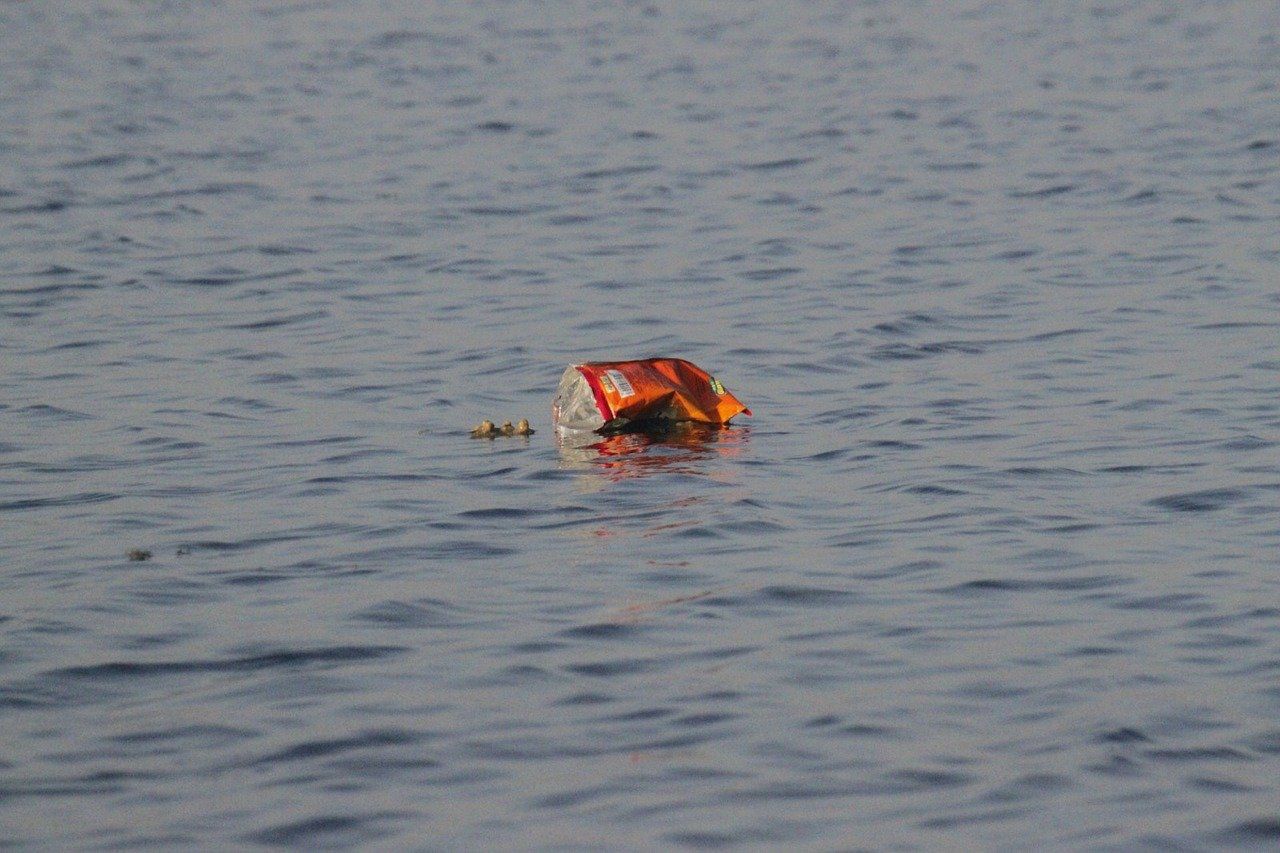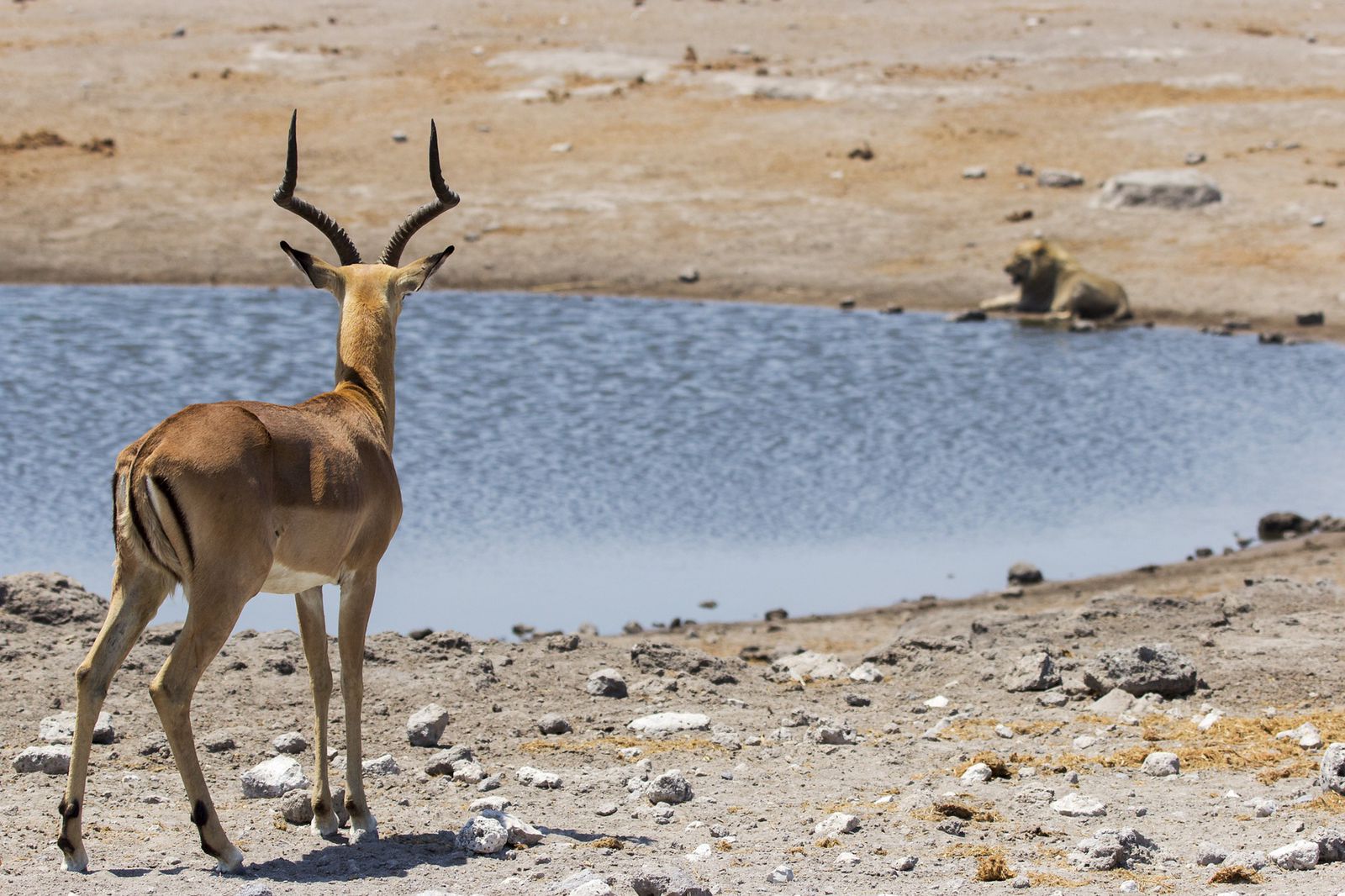How can we conserve water?
We can conserve water by just changing our daily life habits which will be beneficial for our environment. We can save water in the following ways:
-
By taking shorter baths
-
By washing all the dishes at one time
-
By not using toilet seats as ashtray or dustbins
-
By checking any leaking pipes
-
Water your plants occasionally
-
Grow plants that consume less water
-
Tell your children to not waste water
-
Don't waste water while brushing your teeth
-
Don't use water for water fights and playing
-
Turn off the water while shaving
-
Apply plastic sheet on your toilet tank
-
Use showers instead of bathtubs
-
Allowing the water to run while cleaning veggies is not a good idea.
Benefits of water conservation
71% of the earth is water but we still need to save water because 97% of the water is rich in salts (saltwater) which is not for drinking and 3% is freshwater so only 0.5% is available for drinking purposes.
The remaining 2.5% of fresh water is in the form of ice and glaciers and in the atmosphere and soil or maybe too polluted for drinking.

World's Population is increasing day by day so it's important for us to start saving water for our future generations.
Water conservation entails utilising and preserving water appropriately. It is our responsibility to know the importance of water conservation. This is not only the job of city managers, forest managers, farmers etc but this is implemented on every person living on this planet.
Using water-saving measures can help you save money while also diverting fewer water from our rivers, bays, and estuaries, which is good for the environment. It can also save money on water and wastewater treatment as well as the energy required to treat, pump, and heat water. This reduces energy consumption, which aids in the prevention of air pollution.
Water efficiency isn't only an issue in the country's arid western regions. As our population grows, so does the need for scarce water resources. There are several ways to make better use of home water without decreasing services. High-efficiency plumbing fixtures and appliances save around 30% of indoor water usage, resulting in significant water, sewer, and energy cost savings. Start saving today.
The largest water consumer in a home is automatic landscape irrigation systems. Adjust your irrigation controller at least once a month to account for variations in the weather to ensure you're not overwatering. Install a WaterSense-certified irrigation controller instead, which uses local weather and landscape conditions to water only when plants want it. To further manage irrigation, install a rain cutoff device, soil moisture sensor, or humidity sensor.
Why is it important to conserve water ?

Water conservation helps us to conserve natural resources which are crucial for us. Increasing world population is using huge amounts of water but the supply is constant. Water conservation is also important so that it can prevent us from many health hazards. It is also important for safe and beautiful communities. Water is also important for pools, spas, plants, golf courses, vegetation, washing, and fountains at parks. It also guards against expensive costs. Lack of adequate water also causes political conflicts.
If every person does his minimal share of work despite thinking that what we do does not matter in this way we can conserve a lot of water.
We should not find any reason to conserve water. We all already know how important it is for us. In our lives from morning till night we use water
Not even humans and animals also need water to survive. The water we waste daily can be used for many purposes for example farming and a source of energy etc. Water conservation also helps reduce the greenhouse effect and global warming. Water also helps us improve better weather for us to survive. We should not forget that this is the only world where our future generations will live. It is our responsibility to leave for themba better environment so that they can thrive to do better.
Educate you communities about water conservation
Educate your communities about water conservation and spread this information to as many people as possible. Communities can also use NGOs to collect water conservation funds.
Government should also make it compulsory to educate people in schools,universities, workplaces, offices and banks about it. They can also control water consumption rates.
Many of the water systems that keep ecosystems functioning and sustain an ever-increasing human population are under strain. Rivers, lakes, and aquifers are drying out or contaminated to the point of becoming unusable. Climate change is changing weather and water patterns all across the world, resulting in water shortages and droughts in some regions and floods in others.
This scenario will only worsen if consumption continues at its current rate. Two-thirds of the world's population may suffer water scarcity by 2025. Ecosystems all across the world will be harmed considerably more.


You must be logged in to post a comment.